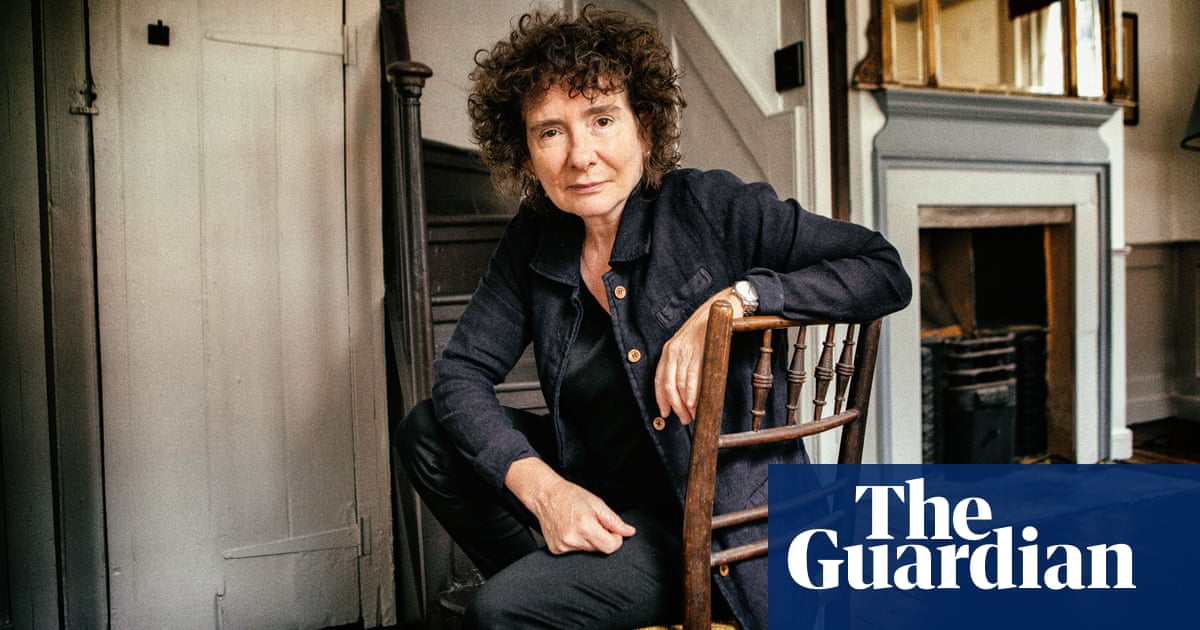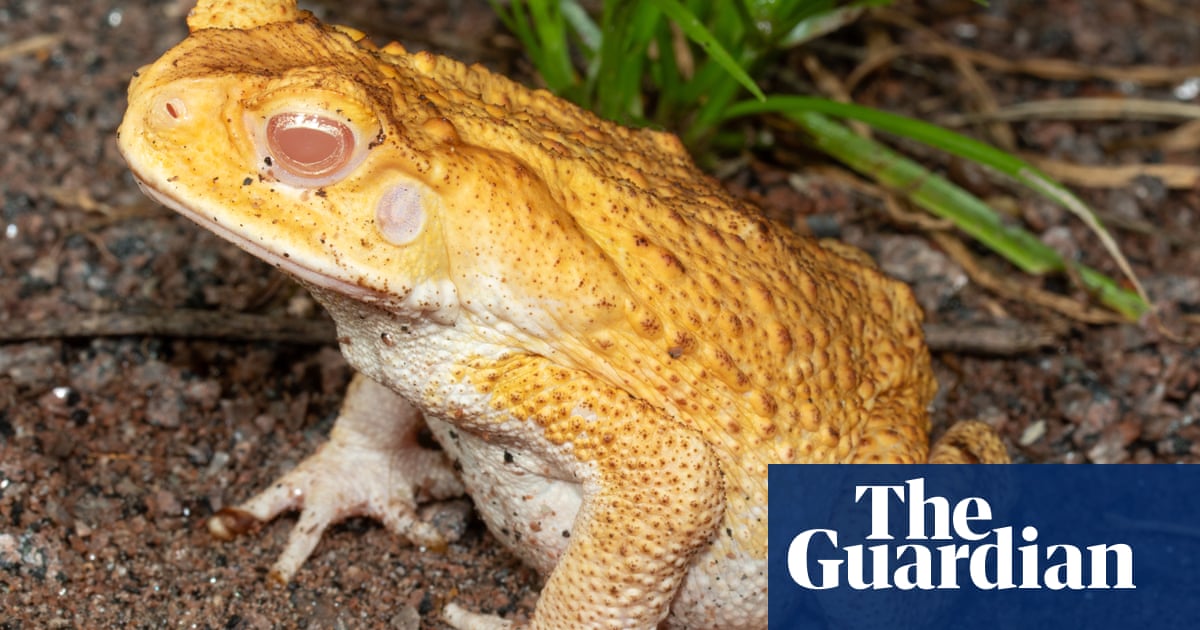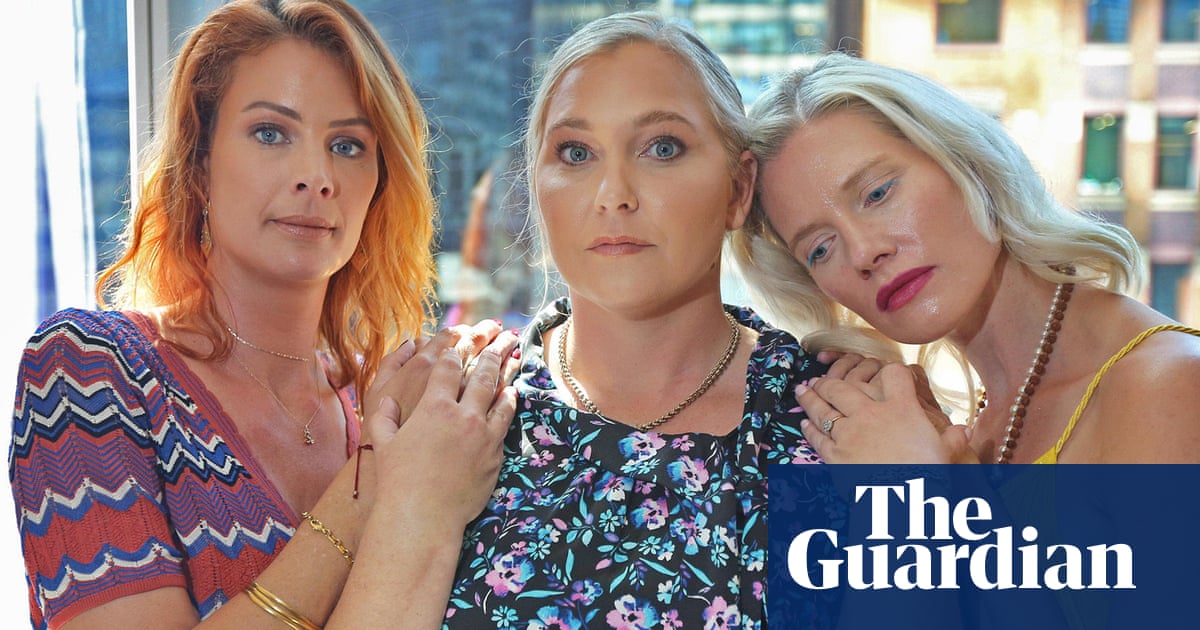What could unite octogenarian Cumbrian farmers; diplomats from Japan, Spain and Australia; and Paddington Bear?
The answer, of course, is marmalade. Or, more specifically, the World Marmalade Awards.
With a flock of spray-painted orange sheep, a giant red squirrel and Paddington wandering among the marmalade aficionados (many of whom are also dressed in orange), and a choir of schoolchildren performing a specially commissioned marmalade song, the event held at Dalemain Mansion, near Penrith is something of a showcase of English eccentricity.
Founder Jane Hasell-McCosh set up the awards back in 2005, “mainly because we’d had foot and mouth, and the whole county had really suffered from it,” she said, but also because “I love marmalade, and I was trying to think a way of getting people to come to Cumbria.”

It began as a local competition, with Hasell-McCosh, who lives in Dalemain, convincing people to hand over jars of their marmalade.
The next year, she says, “we thought, well, maybe we should try a festival. Somebody who was involved in tourism said: ‘Well, that’s a very silly idea, it will never work’.”
Hasell-McCosh said she originally “gave it five years,” but two decades on, the awards have drawn in more than 3,200 entries from as far afield as Portugal, Switzerland, the Czech Republic and South Korea. Among the entrants were a Taiwanese Orphanage, the British embassy in Jordan, and the director of a London Museum.
This year’s preserves were flavoured with everything from Scotland’s famous Irn-Bru, to Belgian blue beer, to Taiwanese orchids, but the overall victor was Hitomi Wakamura from Tokyo, with her Yuzu and Pear Marmalade.

It is the first time in the competition’s 20-year history that an overseas winner has been crowned the overall champion.
Wakamura flew 14 hours to London, then took a three-hour train to Penrith to collect her winner’s cup from Chris Bishop, past master of the Worshipful Company of Fruiterers, in the presence of Masaki Ikegami, deputy chief of mission for the Japanese embassy.

Australian deputy high commissioner Elisabeth Bowes had also travelled to Cumbria for the event, with Jose Robles, Spanish minister counsellor for cultural and scientific affairs due to make an appearance later.
Wakamura’s marmalade, which won in the “any citrus excluding Seville” category, will be stocked in London department store Fortnum & Mason for the next year, raising money for charity Hospice at Home.

“I’m extremely happy to be here,” Wakamura said. “I’m so honoured to be able to receive this.” Tomorrow, she said, she’ll go to see her marmalade for sale in Fortnum & Mason, but, she added, “this is the main event”.
Other categories include “savoury marmalade”, “interesting additions,” and “prison marmalade” – this year won by prisoners from HMP Styal in Cheshire, with a Seville and black treacle marmalade.
Entrants to the competition are overwhelmingly female, but in the “man made” category, the winner was 72-year-old baker Simon Bowden, who shipped his entry of Amalfi lemon and Seville orange marmalade from New York, where he lives.
after newsletter promotion

“I’m absolutely astonished, actually, but thrilled at the same time,” he said. “I flew just last night to come here.”
“The British are pretty eccentric in some ways anyway,” Bowden, who is originally from Sussex, said, “but this is the cream on top of the cake, crazy people who make marmalade, I love it.”
Paddington author Michael Bond’s daughter Karen Jankel presented a prize to children’s marmalade winner, 12-year-old Liberty Brooks, who was wearing a bright orange dress.
“It’s orange and bay marmalade,” Brooks said, “I grew the bay myself.”
“Last year I added jalapeno to the marmalade, so I wanted to do something a bit more interesting than just a plain marmalade,” she added. “I was interested in stuff I could use locally, because I’m interested in foraging, so I used the bay.”
“I’m very happy,” she said. “I wasn’t expecting it because personally, I prefer the one I did last year.”
Susan Aglionby, an 80-year-old farmer, whose ancestors have lived in Cumbria for almost 900 years, won in the “local flavours” category. She used honey from bees on the farm, and herbs grown in her garden.

“I’ve entered right from the beginning, because I just thought it was such a brilliant idea to bring people to Cumbria, to bring them to Dalemain, and it’s such a lovely place,” she said. “I’ve got bronze and silvers before, but I’ve never got a gold, so it’s really exciting.”
With the judging taking place over just a matter of weeks, the panel of about 60 judges can end up tasting dozens of jars of marmalade in a day to find their winners.
Jane Maggs, the head judge in the artisan category, said this year’s entries were “amazing.”
“And they’re equally amazing from England and from south east Asia, particularly from Japan and Taiwan,” she said.
But which is Hasell-McCosh’s favourite? “I’m often asked that,” she said. “I always say it’s probably mine.”

.png) 7 hours ago
4
7 hours ago
4













































